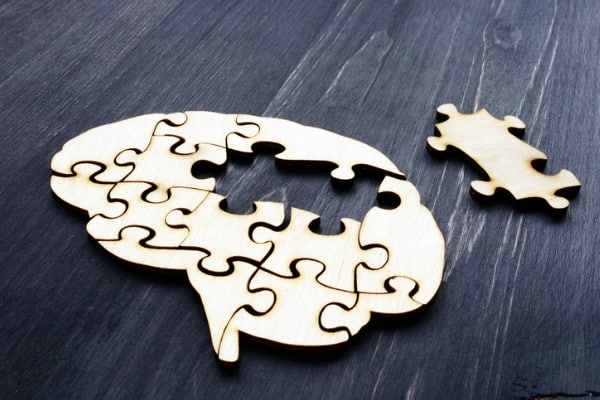Our human brains are programmed to survive and, as such, we are constantly assessing risks around us. The assessments we make include the appraisal of others. We might judge somebody to be friendly if they smile at us, or hostile if they scowl, or untrustworthy if they lie. Our brains pre-judge people and place them into different categories all the time without us consciously knowing. As a result of our prejudgements, we might favour a person who has similar interests, accents or who shares the same values as us and unintentionally gravitate towards them without releasing or being aware of it.
These biases may be influenced by our background, cultural environment or personal experiences and may not be limited to a person’s race, religion, ethnicity, age, gender or sexual orientation but could also include a person’s educational background or place of upbringing. We are also often influenced by society and the media and create ‘stereotypes’ to categorise people into. For example, we may consider a person who has tattoos to be more unlikely to conform or follow rules; or a parent to be less suitable for a role which involves regular travel away from work.
Another form of unconscious bias is known as the ‘halo effect’. This is when a positive trait is put on a person, without really knowing anything about that person. For example, a person who is dressed in business attire may be deemed more capable and suitable for working in an office over someone who dresses less conservatively.
Unconscious bias may have a negative effect in the workplace as it may impact on decisions such as recruitment, promotion of staff, career development and recognition. This may lead to a less diverse workforce and could lead to unintentional, discriminatory behaviour where the unconscious bias is related to a protected characteristic under the Equality Act 2010. For example, if during a recruitment process a recruiter favoured someone of the same race as them rather than a person who had the requisite experience and talent but was a different race, this could be discriminatory behaviour.
In order to tackle the issue of unconscious bias, it is important that we become more aware of the issue and think about our decisions carefully. It is also important to understand that people do have differences and, therefore, we should be more open to discussing those differences to ensure everybody is feeling included in the workplace and that each of us has a sense of belonging.
QCS does have an Equality and Diversity Policy and Procedure and employees should familiarise themselves with this and ensure that they are adhering to this policy. In order to overcome unconscious bias, especially when making decisions on recruitment, promotion of staff, career development and recognition, you should:
• Take your time when making decisions and consider the issues properly • Justify your decisions with evidence and record the reasons for your decisions • Work with a wide range of colleagues who you would not usually gravitate towards, for example, because they are of a different age group to you; and • Focus on people’s positive behaviour rather than focusing on stereotypes
If you have any further questions, please do not hesitate to contact a member of the Napthens’ Employment Team.







